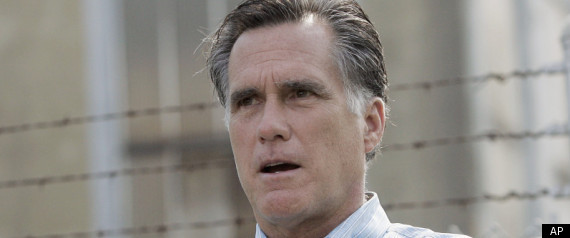The country is run by non-Israelis who have reformed public transportation, when they haven't traveled by bus for years, they're discussing the housing shortage, when most of them live in luxury apartments.
The State of Israel is run by non-Israelis. Our political and economic leaders - and to some extent our defense leaders - are mostly people unfamiliar with the Israeli experience and the Israeli lifestyle. They are cut off. As the protest grows, we should pay attention to that. The protesters' demands are falling on deaf ears, one reason being that many decision makers have no idea what they're talking about.They've reformed public transportation, when they haven't traveled by bus for years, and they're discussing the housing shortage, when most of them have been living in luxury apartments for years. The health system's problems are also foreign to them. When was the last time their hospital bed or that of a loved one was put in the corridor? They've read about cottage cheese prices in the newspaper, and they've heard about gasoline prices over the radio. But when was the last time they visited a supermarket, except during an election campaign?










